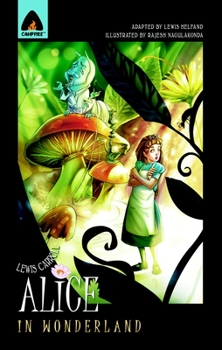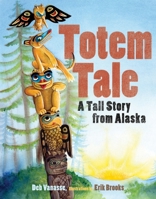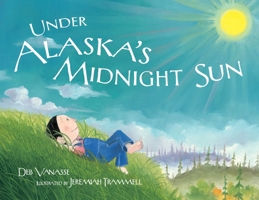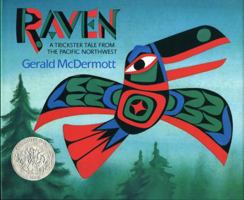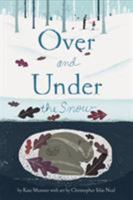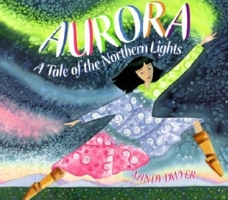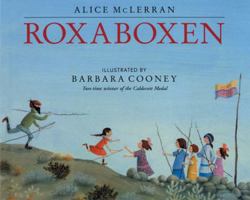Alice In Wonderland
Select Format
Select Condition 
You Might Also Enjoy
Book Overview
Alice was just an ordinary girl - imaginative and curious and thirsting for adventure. She was an ordinary girl, that is, until she found herself instantly transported to a place that was anything but ordinary. After diving down a rabbit hole, young Alice encounters a magical world ruled by a vicious Queen. It is a world where anything can happen; a world filled with a talking caterpillar, a puppy as big as a house, and a Cheshire cat that can disappear and reappear in the blink of an eye. Are these colorful characters real? And if so, how will Alice ever find her way back home?
Format:Paperback
Language:English
ISBN:0679744738
ISBN13:9780679744733
Release Date:December 1992
Publisher:Vintage
Length:256 Pages
Weight:0.60 lbs.
Dimensions:0.6" x 5.2" x 7.9"
Customer Reviews
7 customer ratings | 5 reviews
Rated 4 starsNature and sibiling rivalry combine for a hard to put dow
By Thriftbooks.com User,
This book is compelling in its magnetic description of the harshness and beauty of the Alaskan wilderness. It poses tough questions to its intended middle-school audience . Josh is more comfortable with the amenities of the modern world and his half brother Nathan , who favors himself as a modern - day Thoreau , are in constant conflict.Their father seems powerless to resolve his own or their problems . The story has adventure...
0Report











